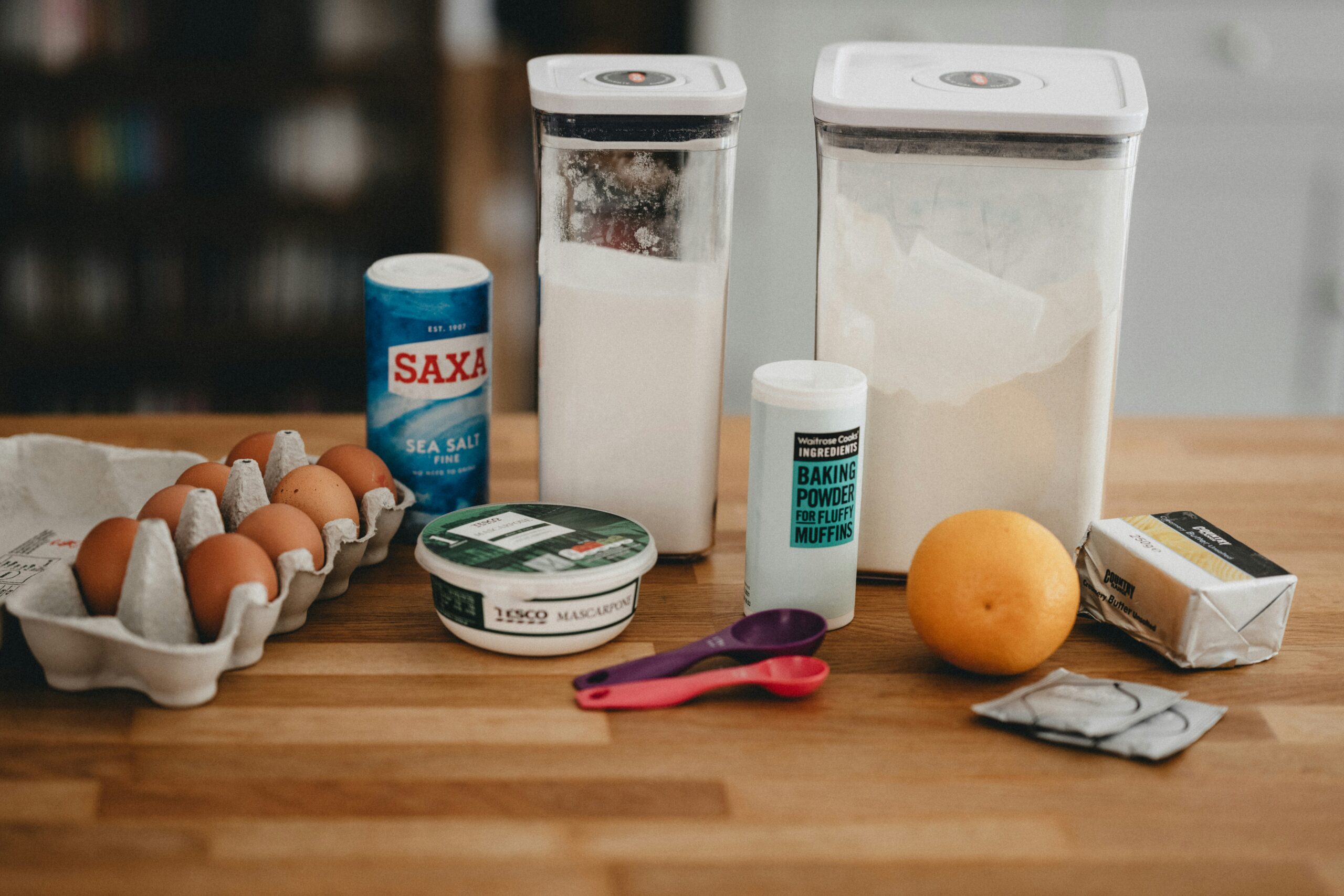The Sweet Trap: How Sugar Sabotages Your Fitness and Weight Loss Goals

The Hidden Sugars: Unmasking Common Foods
Many consumers are unaware that sugar lurks in a variety of everyday foods, often under different names. This practice can lead to unintentional excessive sugar consumption, undermining fitness and weight loss efforts. Foods often perceived as healthy, such as granola bars, yogurt, and salad dressings, can be surprisingly high in hidden sugars. For instance, a seemingly nutritious yogurt might contain added sugars that are not immediately apparent on the packaging.
Processed foods frequently contain several types of sugars, including high fructose corn syrup, cane sugar, and agave nectar, making it crucial for consumers to understand how to read nutritional labels. The Nutrition Facts panel lists sugars, but these may be misleading. A product marketed as “low-fat” might compensate for taste with added sugars to enhance flavor. Nutritionists often stress the importance of being vigilant and looking beyond mere advertising claims.
Beverages, particularly those labeled as “natural,” “organic,” or “fruit-flavored,” can also contain significant amounts of sugar. Soft drinks and fruit juices, despite their marketing, may contribute excessive sugar to one’s diet. For instance, a bottle of organic fruit juice could contain as much sugar as an equivalent volume of soda. Consulting ingredient lists is vital; any item that lists sugar or its variants among the first few ingredients should raise a red flag.
In addition to being cautious of food labels, staying educated about food choices is essential. Many individuals mistakenly believe that certain snacks or meal replacements are healthy options, unaware that they may be loaded with added sugars. Seeking guidance from nutritionists can provide clarity and support in identifying truly healthy food options, steering clear of the pervasive hidden sugars that can sabotage fitness goals.
The Impact of Excess Sugar on Metabolism and Energy Levels
Excessive sugar consumption can significantly disrupt metabolism and energy levels, posing serious challenges to fitness and weight loss goals. When individuals consume high amounts of sugar, particularly simple carbohydrates like those found in sugary snacks and beverages, they can experience rapid spikes in blood glucose levels. This can lead to a surge in insulin production, a hormone responsible for regulating blood sugar levels. Over time, frequent high sugar intake can result in insulin resistance, where the body’s cells become less responsive to insulin, making it harder to maintain balanced blood sugar levels.
Insulin resistance is a key factor in the cycle of fat storage and energy depletion. Under normal circumstances, insulin facilitates the uptake of glucose by cells for energy. However, with insulin resistance, glucose remains in the bloodstream, leading to elevated sugar levels and increased fat storage, particularly around the abdomen. This not only slows down metabolism but also encourages weight gain, which can be particularly frustrating for individuals focused on fitness.
Moreover, the relationship between high sugar intake and fatigue is well-documented. After the initial energy spike from sugar consumption, individuals often experience a significant energy crash, leading to feelings of lethargy and decreased motivation. This cycle can hinder workout performance and reduce the likelihood of sustaining an active lifestyle. Research indicates that the habitual consumption of sugar-laden foods can diminish energy levels and discourage regular physical activity.
Experts emphasize the importance of moderating sugar intake to support metabolic health and optimize energy levels. By reducing sugar consumption, individuals can restore insulin sensitivity, stabilize energy levels, and align their dietary habits with their fitness objectives. This strategic alteration in diet can ultimately foster an environment conducive to achieving weight loss and improving overall health.
Practical Tips for Reducing Sugar Intake
Reducing sugar intake can significantly improve your overall health and support your fitness and weight loss goals. Here are some actionable strategies to help you lower your consumption of added sugars effectively. One of the most effective ways to manage your sugar intake is by meal prepping. By planning and preparing meals in advance, you can ensure that you have nutritious options ready, minimizing the temptation to reach for high-sugar convenience foods.
Another practical approach is to choose whole foods over processed options. Whole foods such as fruits, vegetables, whole grains, and lean proteins tend to have minimal or no added sugars. For instance, instead of reaching for a sugary snack, try snacking on fruits like berries or apples, which can satisfy your sweet cravings while offering essential nutrients. Additionally, when dining out, consider making informed choices by reviewing menus ahead of time, opting for dishes that prioritize whole ingredients and are less likely to contain hidden sugars.
Gradually decreasing your sugar intake can help prevent withdrawal symptoms that might arise from cutting it out too quickly. Begin by replacing sugary drinks with water or herbal teas, and slowly reduce the amount of sugar you use in your coffee or tea. You may also want to experiment with natural sweeteners like stevia or monk fruit to satisfy your sweet tooth without compromising your health.
Lastly, consider incorporating healthy snack ideas into your routine, such as yogurt with fresh fruit, nuts with a drizzle of honey, or homemade energy balls made with oats and nut butter. These alternatives can keep you on track with your healthy lifestyle while still allowing you to enjoy flavors you love. Implementing these strategies can guide you towards a lower sugar intake, fostering better energy levels and promoting long-term wellness.
Finding Balanced Alternatives
In the pursuit of a healthier lifestyle, it is crucial to explore balanced alternatives to conventional sugar. Nutritionists and fitness coaches agree that reducing sugar intake does not mean sacrificing sweetness altogether. One of the most beneficial strategies involves the use of alternative sweeteners. Options such as stevia, erythritol, and monk fruit can provide desired sweetness without the excess calories and blood sugar spikes associated with refined sugar. Each of these options carries different properties and flavors, making it essential for individuals to find the sweetener that best suits their taste preferences.
Additionally, natural sources of sweetness—particularly fruits—offer a healthy way to satisfy sweet cravings. Fruits not only contain natural sugars but are also rich in vitamins, minerals, and fiber. Incorporating a variety of fruits into daily meals can provide expressively flavorful options while also contributing to overall health. For instance, berries, apples, and bananas can enhance smoothies, yogurts, and even salads, allowing individuals to indulge their sweet tooth while getting essential nutrients.
Moreover, embracing lifestyle changes can significantly aid in maintaining a low-sugar diet. Mindful eating practices—such as savoring each bite and recognizing hunger cues—


